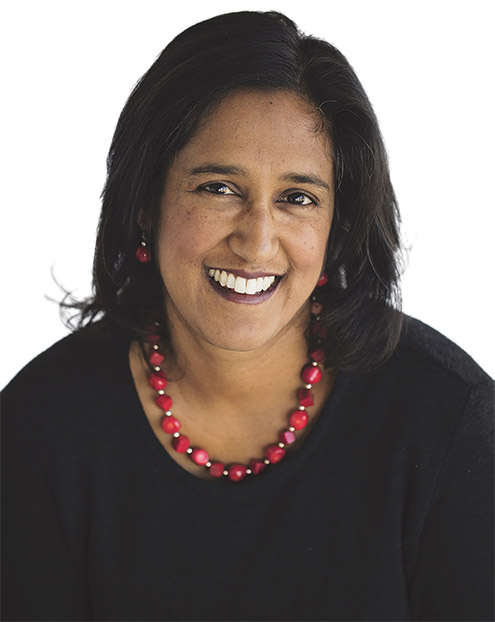

Dr Malini Devadas is an academic writing coach. She gives free monthly webinars on various aspects of academic writing and also runs her Academic Writing Community, a place where academics can develop confidence in their academic writing.
There’s an idea floating around that academics should just be able to write a journal article or grant application without the need for any assistance or guidance, particularly if English is their first language. This can lead to feelings of inadequacy when they get negative feedback on their writing.
For the past 10 years (up until the pandemic), I have been giving writing workshops for EMCRs and graduate students at universities around Australia. At the start of each workshop I ask people about their biggest struggle when it comes to academic writing. The answers from every group are pretty much the same, with a big issue being a lack of confidence. For a lot of workshop participants, this introductory exercise is hugely valuable as they suddenly realise that they are not alone in how they are feeling. For many people, it is simply a relief to express their insecurities without judgement.
The reality is that even professional writers work with lots of people along the path to getting their work published. So, if it’s good enough for a best-selling author to be edited, why is it that academics think their writing won’t benefit from editorial intervention or some other kind of support?
I think part of the problem is that most people outside of publishing don’t understand what editing is. Many people think that editors only fix grammar, spelling and punctuation errors. But in fact, an editor can help ensure that a document is logical, complete, clear, concise and compelling (as well being as close to error-free as is humanly possible). It is really hard to edit our own work, as we tend to see what we meant to say rather than what is on the page. Having a ‘second pair of eyes’ on your text will make it easier to determine if the reader will understand it and, just as importantly, enjoy reading it.
The second issue is that editors are stereotyped as nit-picking, unkind people who take pleasure in pointing out flaws in their clients’ work. This can make the idea of working with an editor distinctly unappealing. But the reality is that a good editor works with their client in a partnership and supports the author to help them create the best piece of writing possible. They are there to boost the morale of the writer, not do the opposite.
The final problem is that it seems to be taboo to admit that you have received help with your writing. As a writing coach, I have worked with academics to help them find their confidence, make time to write, or get their document into a logical structure. I know they enjoy working with me and find it beneficial. But I also know that they are hesitant to tell others that they have worked with a coach, lest they be judged in a negative way.
So, what can you do right now to improve your writing?
Writing is a skill that everyone can get better at, with practice. And, like all skills, it is quicker and easier to get better with some instruction or feedback from a professional.
If you think you could benefit from some writing support, I’d love to hear from you. Even if I am not able to help you myself (these days I rarely take on editing jobs), I can definitely help to find the right expert for you.
© 2026 Australian Academy of Science